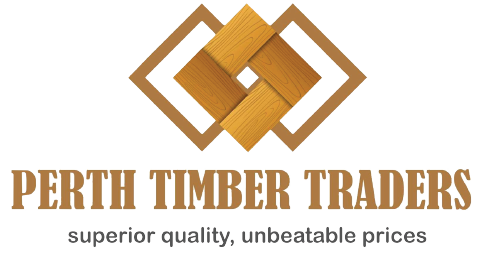Premium Packaging for Safe Delivery
Our products are carefully packaged to prevent damage during transit, ensuring they arrive in perfect condition for your projects.
Australia-Wide Delivery
We offer reliable delivery services across Australia, bringing our quality products directly to your doorstep, no matter your location.







